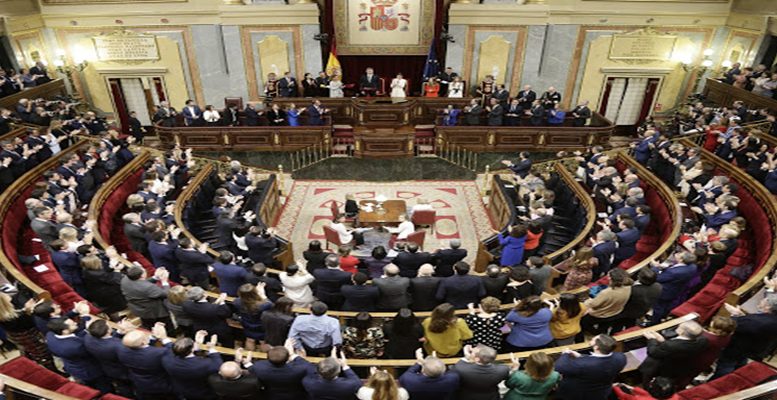Fernando González Urbaneja | The electoral tension is over… at least until the next time. Which is close, but deserves some respect, some time to rest. The government is legitimately constituted, everyone has played their cards and made their commitments, the cards have been dealt, and it would be a good idea to give a little leeway while the positions reached settle… At least a Christmas truce, until the new parliamentary term begins at the beginning of February.
It has been nine months of political tension, with a double campaign, since last spring, that has produced a new map of municipal and regional power-sharing in its first phase and a repeat of the coalition government that reissues its mandate, with much more demanding agreements with the pro-independence nationalists. Nine months of growing political tension, with frustrations shared by both sides of the spectrum, have created an atmosphere of tension that has gone beyond the parties and involved public opinion and other state powers.
A tendency towards separation (the walls that the prime minister is calling for the construction of) reminiscent of the two Spains that froze the hearts of Spaniards. History does not repeat itself, the climate of the 1930s does not return because Spain is different and the world is different. It does not repeat itself, but it rhymes. And that rhyme can reach toxic and unbreathable levels.
It is noticeable in civil society, which in a normalised and mature democracy tends towards apathy and boredom, but which gets excited in moments of high tension. And now is one of those moments; it is noticeable in the media, which have lost their critical function to switch to the bandwagon of unrepentant support for one position or another. The media have lost the irony, the distance and, above all, the humour that should lead to a healthy disbelief.
And the tension that oozes from the media is transferred to broad sectors of the citizenry who find it difficult to put up with each other. There are topics that cannot be discussed in meetings of friends because it risks the relationship itself, even to the point of breaking off relations.
Someone in charge and influential should stop it; contain the fanatics of one tendency or the other so that they do not take over the daily conversation and break it up. Stop the tenacity to the noise that becomes oppressive and leads to despair. Stop for a while, until the next election campaign in late spring.
The government is juggling with too many balls in the air not to have a disaster, it has too many internal enemies without counting the external ones; so it deserves a truce according to the Arab model: let the corpse of my adversary pass before the house on its own merits. And the opposition has no shortage of opportunities to analyse the causes of its failure (or insufficient success) in the last elections and take corrective measures.
It is in everyone’s interest to stop the escalation; to call a truce for a little more than a quarter of a year and lower the tension.





